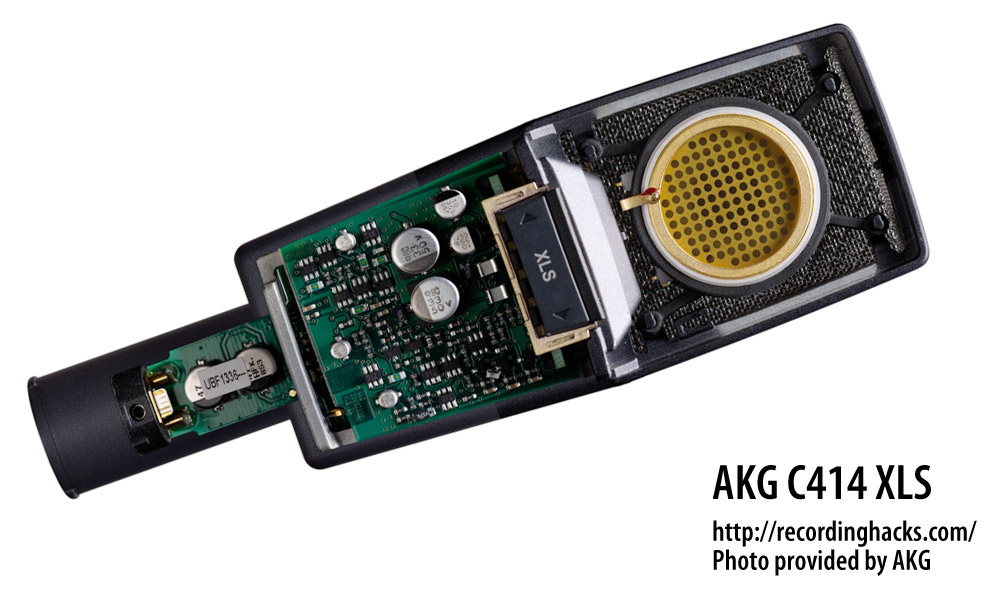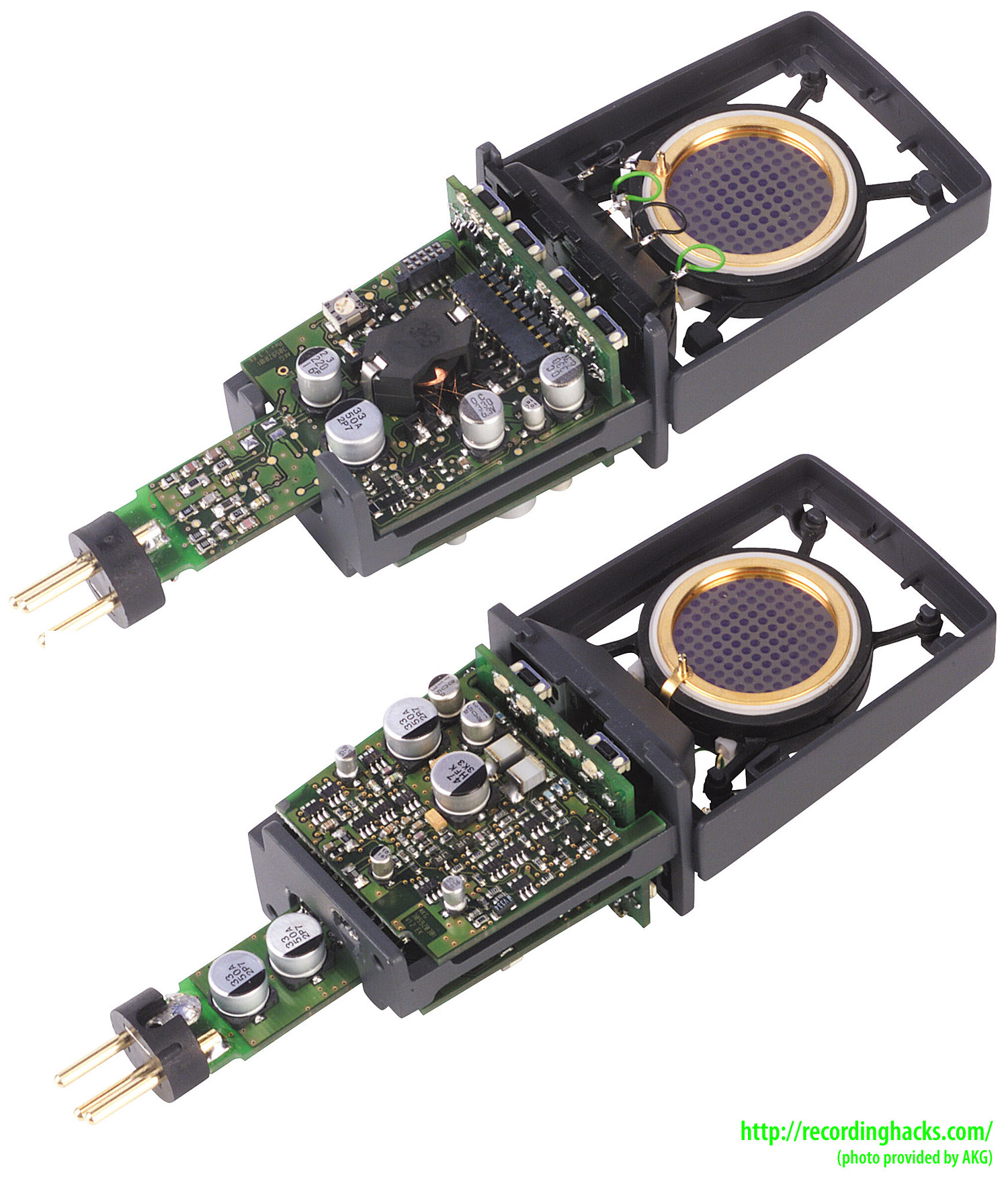mihailojocic
Well-known member
Hello good people!
I have problem with my C414 XLII. After plugging in there is a beautiful normal level sound for about 10-30 seconds and after starts to fade. Anything from 10-15 DB down. When goes to fade my attenuation isn't working anymore. I can also hear some kind of humming noise. I saw some similar problems and I do suspect that capacitors are bad, but as I'm not an expert (and I don't have schematic) I would appreciate help. Sending it to AKG isn't option because of a cost. :-/
I tried 2 different preamps, same. I measured phantom power. One is 47,2 other 48,4. I even cleaned membranes and dried out my everything. It was working for 5 minutes and again the same.
Help please!!!
I have problem with my C414 XLII. After plugging in there is a beautiful normal level sound for about 10-30 seconds and after starts to fade. Anything from 10-15 DB down. When goes to fade my attenuation isn't working anymore. I can also hear some kind of humming noise. I saw some similar problems and I do suspect that capacitors are bad, but as I'm not an expert (and I don't have schematic) I would appreciate help. Sending it to AKG isn't option because of a cost. :-/
I tried 2 different preamps, same. I measured phantom power. One is 47,2 other 48,4. I even cleaned membranes and dried out my everything. It was working for 5 minutes and again the same.
Help please!!!


































![Electronics Soldering Iron Kit, [Upgraded] Soldering Iron 110V 90W LCD Digital Portable Soldering Kit 180-480℃(356-896℉), Welding Tool with ON/OFF Switch, Auto-sleep, Thermostatic Design](https://m.media-amazon.com/images/I/41gRDnlyfJS._SL500_.jpg)